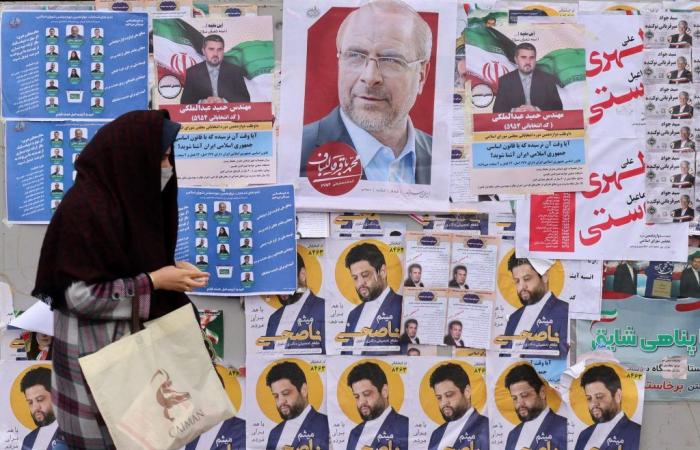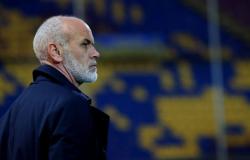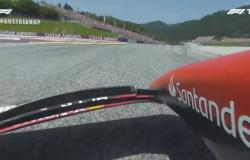A victory for the reformist candidate, Masoud Pezeshkian, in the presidential elections in Iran would be a “surprise” since it appears unlikely that the Tehran regime, in such a complex regional context, will opt for the “change of direction” that this development would imply. Also from a medium-long term perspective of the “most important issue” which concerns the succession to the current Supreme Leader, Ali Khamenei. This is what Ali Vaez, director of the Iran Project at the International Crisis Group (Icg), underlines in an interview with Adnkronos.
According to the expert, if Pezeshkian really became president it would be a “positive” surprise for two main reasons. The first is that “he is not a heavyweight, not even in the reformist camp, and if he could in such a short period of time generate enough support among the reformist base which suffers from a high degree of political apathy it would be quite an achievement in itself “. The second reason is that, right now, “I feel like the leadership is not interested in correcting course.”
Vaez believes that allowing a reformist to assume the office of president is equivalent to “more than a course adjustment, it would actually be a correction” because in recent years, at least since 2020, “there has been a clear consolidation of the conservatives at the leaders of the political system”. So if Pezeshkian becomes president, “I would be positively surprised, but that also means I’m quite skeptical that that will happen.”
According to Vaez, the current president of Parliament, the conservative Mohammad Bagher Qalibaf, is more likely also because he has a long and consolidated history of “loyalty and obedience” towards the Guide, while the former chief nuclear negotiator, Saeed Jalili, the candidate of the ultra-conservatives, however, credited with good chances, “he is also faithful to the leader, but he is not so submissive”.
The presidential race, Vaez continues, is linked to the one that, inevitably for anagraphic reasons, will open up for the succession to Khamenei. “I think that at this moment in the history of the Islamic Republic, in which the most important issue is the succession to the leader, it is important for the regime to make sure that there is no one at the top of the political system who can in any way challenge the vision of the Guide,” he explains. “This implies that it is unlikely that the regime will allow someone like Jalili, who has his own base and is not so subservient to Khamenei, to serve as president. In any case, we have to wait and see. Currently, if you look at the polls, Jalili and Pezeshkian are doing better than Qalibaf, but in Iran, during elections, everything can change until the last minute. So it remains quite unpredictable.”
The ICG analyst then comments on the conciliatory declarations of almost all the candidates on the need to resolve the problem of sanctions and, in particular, Qalibaf’s explicit openness to negotiations with the United States.
“I think that, apart from Jalili, all the other two serious contenders, Pezeshkian and Qalibaf, admit that sanctions relief is crucial for the Iranian economy to move from survival mode to actual growth mode,” he highlights, arguing that almost everyone – except Jalili who “insists on continuing on the path of resistance” – is aware that sustainable growth is not possible without the lifting of sanctions and therefore speaks of the need for a “diplomatic solution”.
“Qalibaf is the only candidate who has actually proposed a way forward, the ‘Reciprocal Step by Step Process’. Even Pedeshkian, who has former Foreign Minister Zarif as his main foreign policy advisor, has not come up with a concrete plan”, remarks Vaez, specifying that Qalibaf’s plan essentially foresees that Iran would remain where it is, “on the threshold of acquiring nuclear weapons”.
In exchange for not crossing the red lines towards nuclear weapons, adds the expert, “he would obtain the lifting of specific and measurable sanctions by the United States in the form of the ability to export oil and bring back assets abroad”. For Vaez, what Qalibaf wants is not “to pursue a comprehensive nuclear agreement or an agreement that goes beyond the nuclear issue. It seems that he is looking for very narrow transactional agreements, but he is the only candidate who has at least put forward a concrete idea.”






